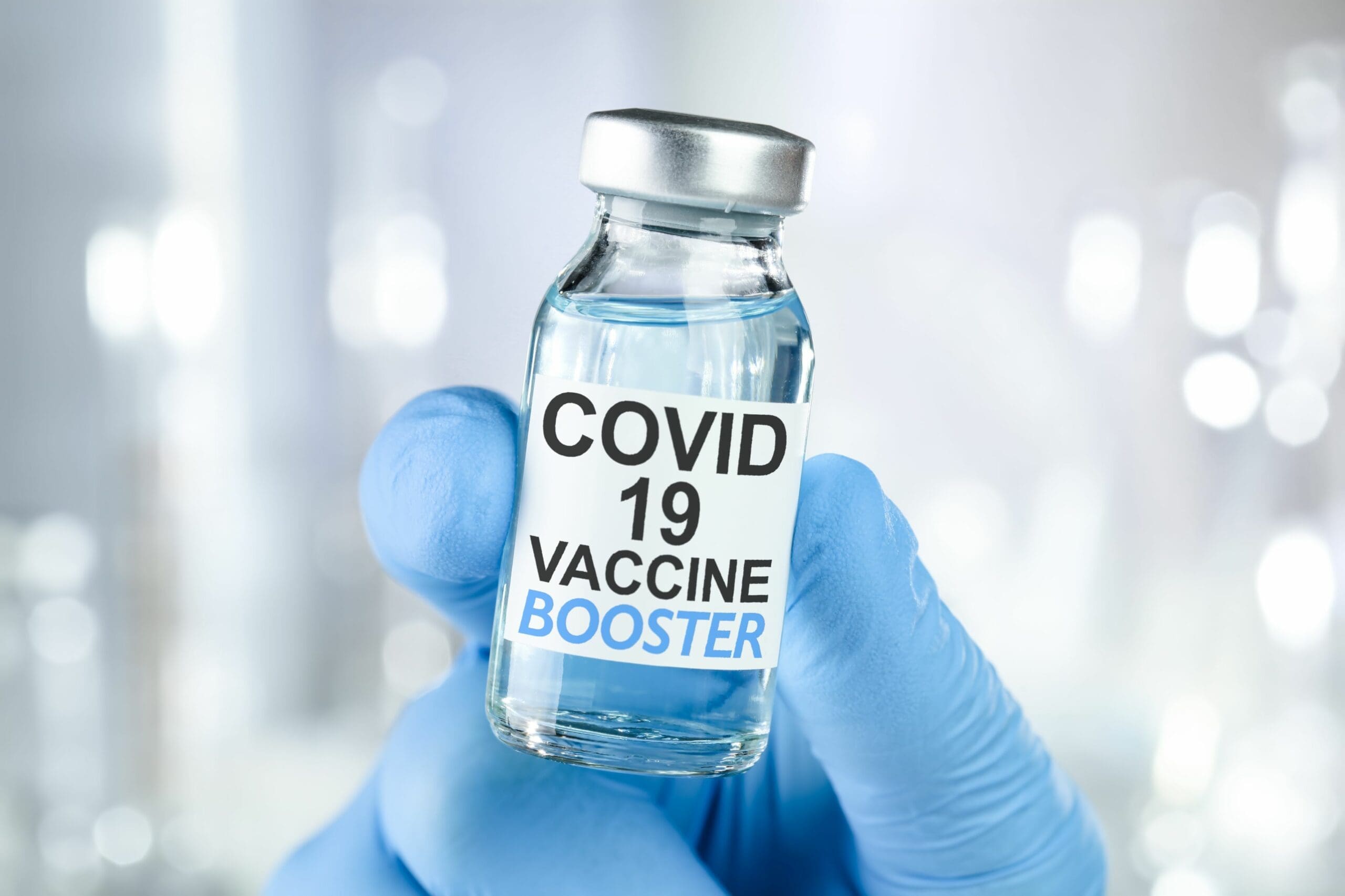To provide even greater protection against COVID-19, Australians aged 18 and over who received their second dose at least six months ago, are now eligible to have a booster shot.
At the time of writing, the Australian Technical Advisory Group on Immunisation (ATAGI) has only approved Comirnaty (Pfizer) for the booster dose, irrespective of the primary COVID-19 vaccine used. Soon Moderna will be approved as well.
The evidence from Israel and the UK is that vaccine effectiveness wanes steadily, and by five or six months in the elderly and vulnerable, it starts to show reduced effectiveness to severe disease and hospitalisation. The Astra Zeneca vaccine wanes faster than Pfizer which could explain the cold weather surges being seen in the UK and Europe now.
While the booster shots are not officially part of the primary schedule, we shouldn’t rest on our laurels with Australia’s incredibly high immunisation rates – because without boosters, we’ll see COVID-19 coming back in February or March or even sooner. So, practices should be encouraging their patients to come forward. The evidence suggests that the most effective strategy is to mix doses but particularly in your elderly patients it’s not worth delaying the booster till Moderna becomes available. There’s still a lot of virus around in NSW, the ACT and Victoria.
One question patients are asking is how long will the boosters last? The problem is we don’t know although it’s likely that a third dose, as with other vaccines will give longer lasting immunity. At least until the next variant comes along.
ATAGI recommendations for boosters:
- Pfizer is recommended as a single booster dose, no matter which vaccine was administered as the primary course (some provisions for use of AstraZeneca are outlined).
- The booster dose can be administered from six months after completing the primary course.
- A booster dose is not currently recommended for people under 18 years of age.
- The booster dose can be co-administered with the influenza vaccine.
- Severely immunocompromised patients who receive a third dose as part of their primary course are not currently recommended to have a fourth dose.
Clinical guidance, the consent form for COVID-19 vaccination and the COVID-19 vaccination training program modules have been updated accordingly.
In related news, the TGA is awaiting more data before it decides whether to approve the Pfizer vaccine for children aged 5–11. If it does, then this won’t commence until 2022.
Answering patient’s questions
The Federal Department of Health has published a video answering the Top 3 questions about the booster: –
- If I’ve had the AstraZeneca COVID-19 vaccine will the Pfizer booster work?
- Can I get a booster any time after 6 months of receiving my 2nd dose?
- How can I find out if it’s mandatory for me to receive a COVID-19 booster?
Other questions covered include will we require a booster in the future, and can AstraZeneca be used as a booster?
To view the video visit https://www.health.gov.au/news/top-3-covid-19-vaccine-questions-booster-dose-after-az-booster-dose-timing-and-are-boosters-mandatory
Visit https://www.health.gov.au/ to view additional videos when they are published.

